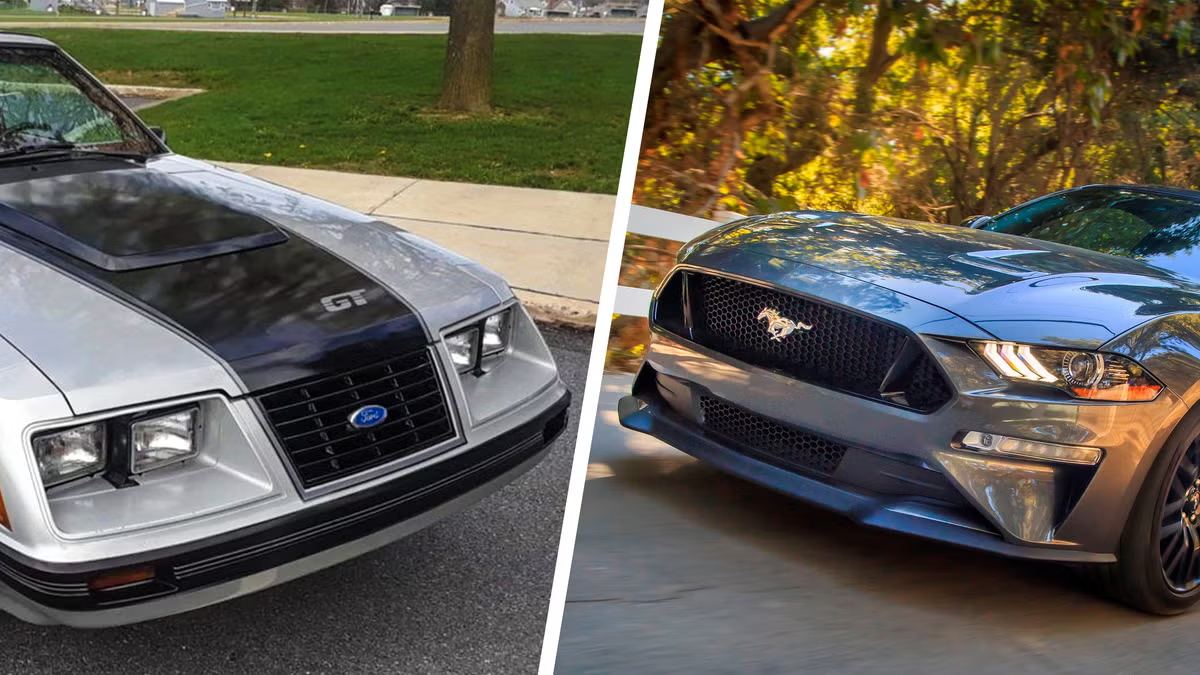Introduction
The popularity of hybrid and electric vehicles is rising as they become a trend in the automotive industry, with an increasing demand for sustainable options. It can be difficult to decide on one of the two. In this article, we’ll give you a full breakdown of both appealing factors and where one might benefit over the other, so you can decide what exactly works for your personal preference.
Understanding Hybrid Vehicles
As the name suggests, hybrid vehicles pair a gas engine with an electric motor. Thanks to the dual fuel system, they can easily switch between feedstocks and ensure better operation. In some cases, plug-in hybrids pull their electricity from the same regenerative braking that does not require an outside charge. This setup provides benefits to those who might not have good charging infrastructure access.
Exploring Electric Vehicles
As the name suggests, electric vehicles (EVs) run fully on electricity. They depend on rechargeable batteries and need to be charged periodically. EVs are much better for the environment because they have zero emissions. They provide a noiseless, cushioned ride and are usually high-tech.
Cost Considerations
There are unique cost factors associated with both hybrid and electric vehicles. Compared to EVs, Hybrids tend to be more affordably priced up front. That said, EVs can see fuel and maintenance cost savings. EV subsidies, incentives, and rebates can offset the initial costs of EVs. You need to look at the costs in the short and long run.
Environmental Impact
This is where the EV has its advantage over the I. Since there are no average tailpipe emissions, air pollution reductions are considerable. Hybrids, as good as they are to help with the gasoline bill, do still have an internal gas engine. EVs are certainly the cleaner option for those concerned about environmental impact.
Driving Range and Charging
Decision often driven by driving range between hybrid and electric. They have a gasoline engine for long range, so hybrids have similar performance to gas-powered cars in that regard. It is a simplified issue in comparison as EVs have constantly an absolute maximum limit on the range based on battery capacity. The availability of places to charge is increasing, but so too must the consideration of how practical charging stations are for daily use.
Maintenance and Reliability
In general, there is far less maintenance associated with electric vehicles as they have so few moving parts. It requires no oil changes or exhaust system maintenance. While hybrids, too, have reputably stable mechanisms that need the same scope of car maintenance as our traditional vehicle. When talk of both, in terms of service center availability for their ongoing support.
Performance and Driving Experience
Hybrids and EVs all provide distinctive drives. Hybrids fill the in-between, with hybrid mode that is seamless in transitioning between traditional and electric driving. Electric vehicles offer immediate torque, which translates to rapid acceleration and a silent ride. Think which sort of driving experience suits your taste.
Technological Features
State-of-the-Art tech This can range from infotainment systems to driver-assistance and connectivity. Familiarity with features in vogue can help choose a vehicle that satisfies technological expectations.
Resale Value
The decision may be swayed by resale value, particularly for those who expect to switch vehicles within a handful of years. Hybrids are typically in a more mature market, which can mean better resale value. But with the increasing adoption rates among EVs, we should also see their depreciation improve.
Conclusion
The choice of one over the other (between a hybrid and an electric vehicle) depends on things like budget, environment concerns or lifestyle necessities. EVs are more sustainable and require the least maintenance, but hybrids cater to flexibility and convenience with the dual power systems. Taking all these factors into account, people can figure out which alternative is best suited for their needs and values. Whether focused on boosting efficiency, embracing sustainable mobility, or ushering in the next era of automotive technology, both solutions offer intriguing ideas for contemporary transport.




